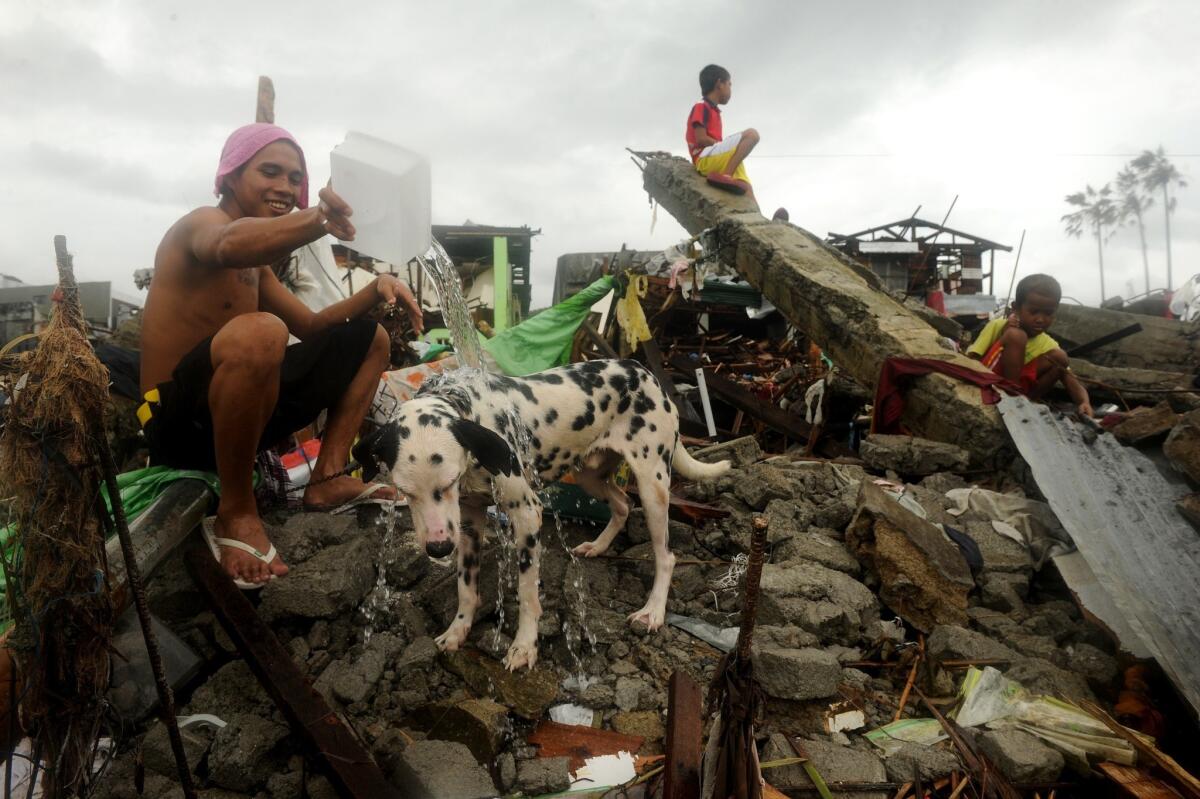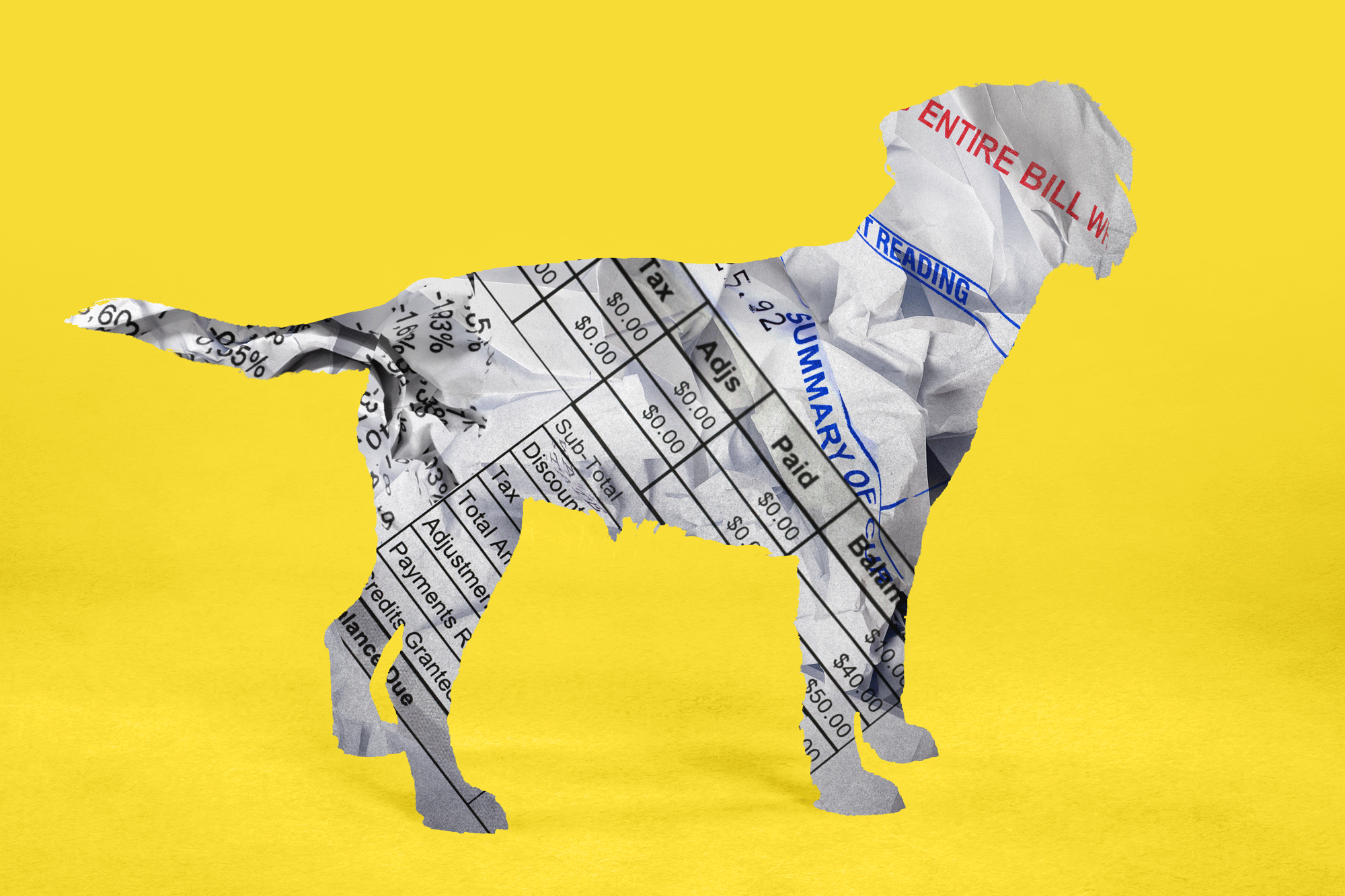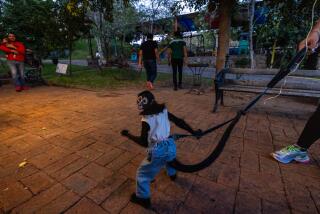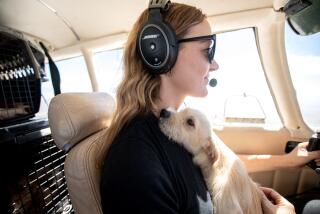Veterinary nonprofit tends to animals in wake of Typhoon Haiyan

As aid workers from around the world descended on the Philippines to help the people hit hardest by Typhoon Haiyan last month, Springer Browne headed toward the devastation for a different reason: the animals.
The 31-year-old Newport Beach native made the trip as a volunteer for World Vets, a sort of veterinary equivalent of the humanitarian group Doctors Without Borders, which provides urgent medical care worldwide.
World Vets sends veterinarians to work with animals around the world through various projects based on an areaâs needs. The nonprofit is one of just a few international aid organizations founded specifically for veterinary health.
âMost people were super-excitedâ to have medication and food for their pets, he said.
For many, Browne added, the emotion was about more than preserving creature companionship.
âAnimals are their livelihood,â he said.
Browne spent about a month traveling through storm-ravaged cities and farming villages in the Philippines, dispensing vaccines or patching up animals wounded by flying sheet metal.
But, he said in a phone interview, âa lot of it was just talking to farmers about animal husbandry.â
That kind of long-term impact â achieved through education and outreach â is one of World Vetsâ major goals, said founder and Chief Executive Cathy King. Overall, she said, projects vary widely.
âEach country identifies what kind of veterinary health needs they have,â she said. âIt might be education in one country, then vaccinating water buffalo. The next might be a spay-neuter campaign.â
Sure, King said, part of the organizationâs disaster relief work entails ârescuing puppies in crushed buildings,â but response teams also make a point of addressing veterinary health issues that could become public health issues â such as controlling diseases that can be passed from animals to humans.
For instance, she said, in Philippine cities such as Tacloban, rabies was a particular problem.
King said the organizationâs corps of more than 1,000 vets has responded to project requests in 39 countries since she started World Vets with a donation jar on the counter of her Washington vet clinic in 2006. Although the organization receives some grant funding and donations, typically volunteers pay their own travel expenses.
Browne, who grew up with turtles, mice and âslightly illegalâ chickens â along with six older siblings â on Lido Isle, said he had wanted to be a vet since he was a kid.
His studies and research have taken him to such far-flung locales as Dublin, Ireland, for school; Kenya to research diseases afflicting camels and humans; Abu Dhabi, United Arab Emirates, to work with falcons; and St. Louis, where he did research at the zoo.
Then, having already traveled last March to Ecuador for one of World Vetsâ spay-neuter programs, and with plans to move to New Zealand to research E. coli for his doctorate delayed, Browne said he was âlooking for something to do, frankly.â
He contacted World Vets and shortly after was on a plane to the Philippines, where he teamed up with Danish vet Helle Hydeskov.
Though the level of destruction left by the storm was striking, Browne said the generosity and determination of the people in its wake were encouraging.
And for Browne, getting to know exotic fauna is always fascinating.
Carabaos, a kind of water buffalo, are âpretty neat animals,â he said.
âTheyâre so giant, but very mellow.â
More to Read
Sign up for Essential California
The most important California stories and recommendations in your inbox every morning.
You may occasionally receive promotional content from the Los Angeles Times.










